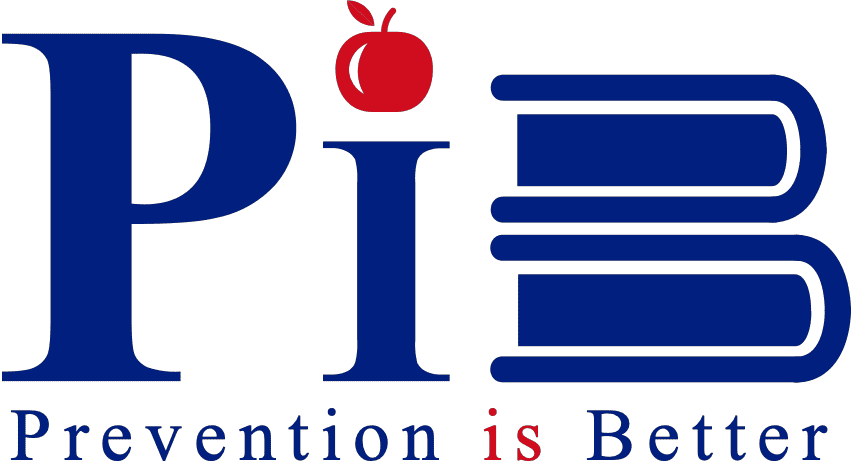How can we work together to prevent addiction? (Article series 7 of 7)

Note: This is the seventh and last in a series of articles on prevention.
In the mission to prevent addiction parents and teachers play crucial roles. Parents can employ various skills and approaches to prevent addiction among their children like spending quality time with their children, having regular family meals and engaging in shared activities as it strengthens family bonds and provides opportunities for open communication (Kumpfer, 2014). Research shows that children who regularly eat meals with their families are less likely to engage in substance abuse (Kumpfer, 2014). Parents should also engage in active listening during conversations with their children, encouraging them to share their thoughts and feelings openly and respectfully without fear of repercussions. By fostering a supportive and non-judgmental environment, parents can create opportunities for meaningful communication and establish trust with their children (Kumpfer, 2014). Additionally, parents can model healthy behaviours by avoiding substance use themselves and demonstrating effective coping strategies for managing stress or difficult emotions. Studies show that children who see their parents engage in substance abuse are 2-9 times more likely to start using substances early and eventually develop substance use disorders, emphasising the role that familial behaviour plays in the path towards addiction (Kumpfer, 2014). So, rather than drinking or smoking, a parent can practice relaxation techniques like deep breathing, meditation or working out in front of their children to show them healthy ways to manage stress (Kumpfer, 2014). Furthermore, parents should set clear expectations and boundaries regarding substance use, reinforcing the importance of making responsible choices (Kumpfer, 2014). For instance, they might establish rules about curfews or attending social events where alcohol or drugs may be present, offering guidance and support while also setting expectations for behaviour. Effective discipline techniques, such as using positive reinforcement and consistent consequences, help children understand the effects of their actions and promote self-control which is a necessary skill in the fight against addiction (Kumpfer, 2014).
 A teacher assisting a student at a desk.
A teacher assisting a student at a desk.
Teachers can provide education and support within the school setting (Kumpfer, 2014). By integrating substance abuse prevention into the curriculum and creating a supportive classroom environment, teachers empower students with knowledge and skills to make healthy choices (Kumpfer, 2014). For example, teachers can integrate topics related to the risk and consequences of substance abuse into subjects like health education or social studies highlighting the effects of alcohol and drugs on the body and brain as well as legal and social implications of substance abuse. Teachers can facilitate discussion and activities that promote critical thinking and decision-making skills. For instance, they might present hypothetical scenarios or activities involving peer pressure to use drugs or alcohol and guide students in brainstorming strategies for resisting temptation (Kumpfer, 2014). Teachers can invite guest speakers like counsellors or recovering addicts to share their personal experiences and challenges with students while offering insights into what they did wrong to educate the students on how to prevent it (Kumpfer, 2014). Hearing real-life stories can make the information more relatable and impactful for students, encouraging them to take substance abuse prevention seriously.
For both parents and teachers, identifying at-risk people early on and connecting them with appropriate resources, such as counselling or support groups, can prevent substance abuse before it escalates. Collaboration with community resources further enhances support systems for students and their families. By working together, parents and teachers create a strong network of support that fosters resilience and protects against addiction.
Reaching the end of the blogpost series, it is imperative to remember that prevention is better than cure and to apply the knowledge gathered from this article series and linked resources to prevent and combat addiction in the circles you find yourself in.
References
Kumpfer, K. L. (2014). Family-based interventions for the prevention of substance abuse and other impulse control disorders in girls. ISRN Addiction, 2014, 1–23. https://doi.org/10.1155/2014/308789
AcknowledgementsSpecial thanks to the students of Redeemer University, Ancaster, Ontario for their assistance in preparing these articles.
